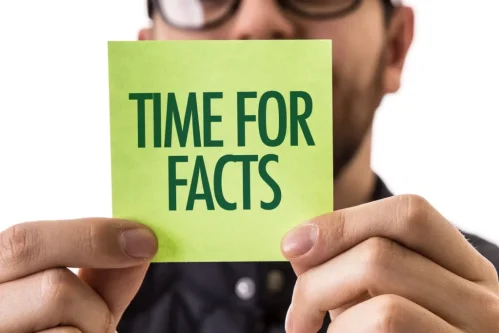The Facts about Bankruptcy

Bankruptcy could offer you considerable advantages compared to other debt solutions. Time to find out the facts.
Jump to article content:
- Bankruptcy lasts one year
- You only have to pay your debt if you can afford to
- You can keep you belongings
- Bankruptcy is a relatively private debt solution
- Your credit rating is affected but not for ever
Want help to go bankrupt? Give us a call (0800 044 3194) or complete the form below to speak to one of our experts
Bankruptcy lasts one Year
You remain bankrupt for just one year. After this you are discharged and the restrictions that were put upon you are lifted. Having said that some of the implications do last longer.
If you can afford to you will required to make payments towards your debts these will last up to three years. As such they would continue after you are discharged.
In addition the record of your bankruptcy remains on your credit file for 6 years. Your ability to get credit will be seriously restricted during this time.
If you have made preferential payments or transactions at under value before going bankrupt some restrictions placed upon you could be extended.
You only have to pay your debt if you can afford to
Once you are bankrupt you only have to make further payments towards your unsecured debts if you can afford to. This affordability is established by calculating your disposable income.
If you have no disposable income your payments simply stop. As long as your circumstances do not change while you are bankrupt your unsecured debts are written off. You pay nothing more towards them.
You only have to continue paying if you have some disposable income. The payments will be based on this amount and last for a maximum of 3 years.
You can be asked to start making payments towards your debts at any time during your bankruptcy if your circumstances improve.
You can Keep your Belongings if you go Bankrupt
One of the concerns people have about bankruptcy is they will have to hand over their household possessions for sale by the Official Receiver. This is not the case.
You are allowed to keep all your personal and household belongings including clothing, furniture and electrical goods. The only time an item is at risk is if it’s individual second hand value is more than £500.
It is possible to keep your car if you go bankrupt. However its value must not be more than £1000. If your vehicle is worth more you may have to sell it and get a cheeper one.
Going bankrupt does not automatically mean you will have to sell your home. If there is no equity it is unlikely to be at risk as long as you get the correct advice.
Bankruptcy is a relatively Private Debt Solution
Bankruptcy is not advertised in your local newspaper (unless you live in Northern Ireland). As such your friends and people who know you are very unlikely to find out unless you tell them.
Your employer will not be told. The only way they will become away is if they do a credit check against you or they search the insolvency register. However for most positions this would be very unlikely.
Even if you do not owe them any money your bank will be informed you have gone bankrupt. You will almost certainly have to change your current account to a basic one.
Your details are recorded in the Insolvency Register which is publically accessible via the internet. However most people are unaware of this and are unlikely to search for you on it.
Bankruptcy will affect your Credit Rating but not forever
Once you go bankrupt a record of the fact will be added to your credit file. As a result your credit rating will be negatively affected. However it does not remain poor forever.
Six years from the start date the record is automatically removed from your file. Your credit rating will then be clear.
There are things you can do to start improving your credit rating as soon as you are discharged. One of these is to start using a credit repair credit card.
It is possible to get a mortgage after bankruptcy. If you wait until the record has come off your credit file you may well be able to get a loan from a high steet lender.